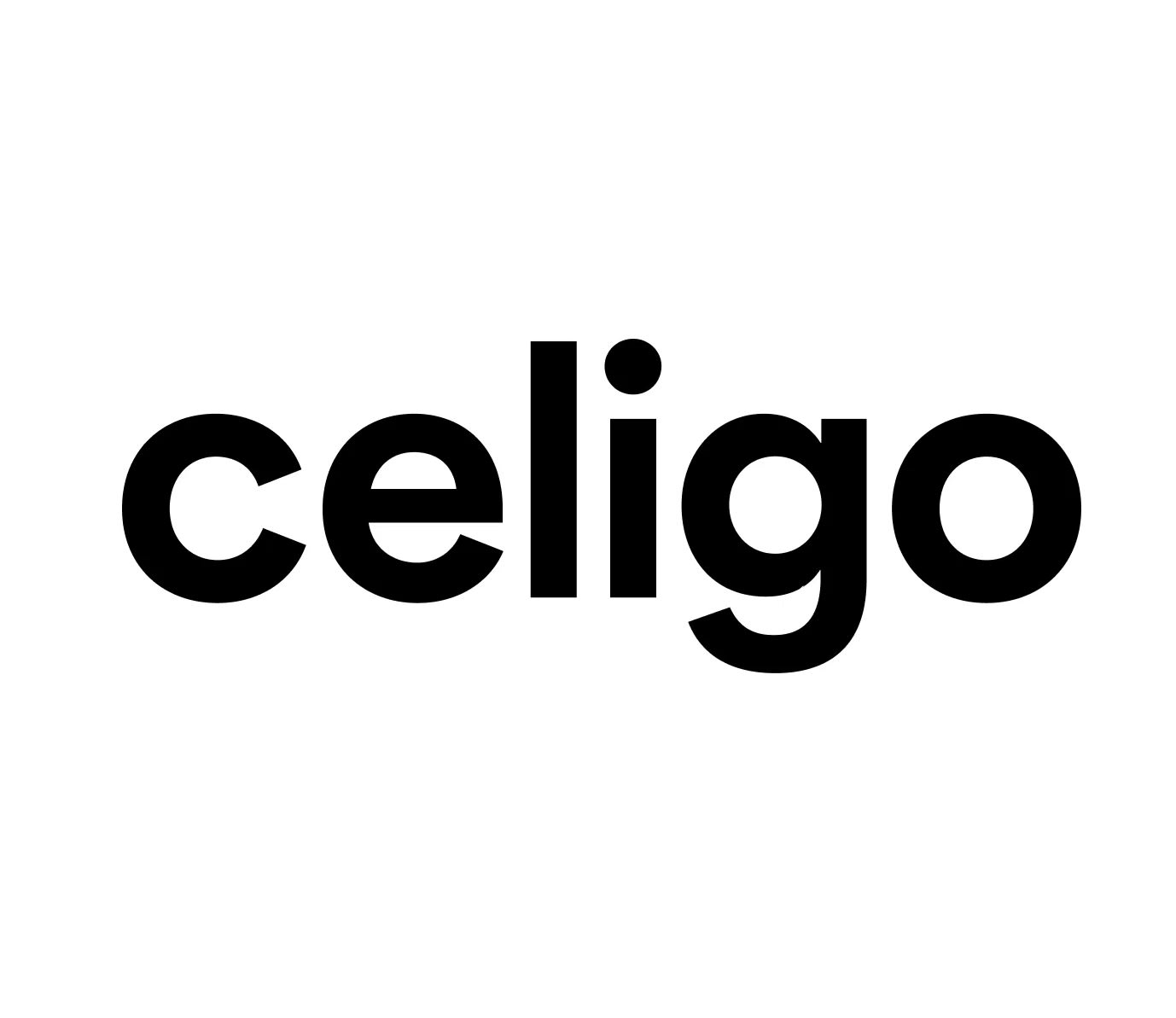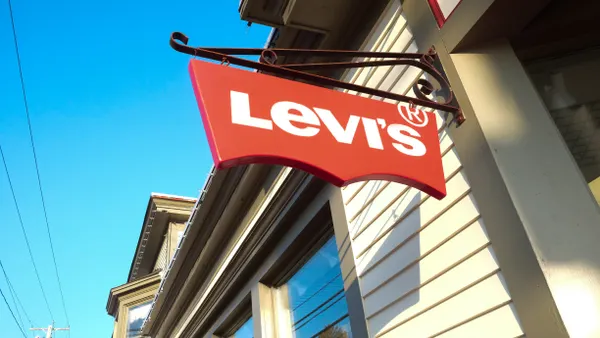Dive Brief:
- Facebook tops other platforms for last-click social commerce by a wide margin, according to an Open Influence study cited in eMarketer. Nearly 48% of social media users in the U.S. said they made their most recent purchase from Facebook, compared to 8.6% from Instagram, 4.5% from YouTube and 2.1% from Pinterest.
- The Open Influence data is limited to a last-click attribution model, meaning it only takes into account the final channel where a customer made a purchase and overlooks all other social platforms' influence along the path to purchase.
- A separate survey by ViSenze cited by eMarketer found that about half of U.S. social media users made a purchase that started on social media at least once per month, and that Facebook was the primary influencer for purchases made by nearly one-third of users. Via a multi-touch attribution model, ViSenze also found that other social platforms made an impact on purchases, with Pinterest and Instagram having affected 16.4% and 12.5%, respectively.
Dive Insight:
The notion of social commerce is still relatively new for many marketers, but more platforms are expanding their capabilities to lessen the amount of friction between seeing an ad and buying something online. Last year, Facebook rolled out a person-to-person shopping feature called Marketplace, which pairs a user's location data with their interests to serve up potentially relevant products. Users can then purchase directly in-app, creating a more seamless experience, and the service was highlighted in the eMarketer report.
According to TechCrunch, Facebook's last-click success can be at least somewhat attributed to Marketplace, as the social media giant added 18 million product listings in the U.S. in May 2017 alone and reported a 77% surge in communications between buyers and sellers in the first half of the year.
Facebook and its image-sharing platform Instagram have also started to dabble in shoppable posts that link directly out to retailer's sites. On Facebook, where that type of ad unit is called a "Collection," brands including Adidas and Tommy Hilfiger have seen strong early success. Pinterest, which is focused on product discovery and providing users inspiration, has also recently tried to translate those specialties into a driver of sales through more visual search options including a Shop the Look feature. Pinterest's user base is fairly small compared to Facebook's audience of over 2 billion, however, potentially pointing to the smaller share of last-click social commerce.
The differences in findings between the Open Influence and ViSenze studies still underscore the complexity around attribution models and why last-click attribution sometimes provides marketers a limited view into which specific marketing activities drive sales or are most valuable to a campaign's success. While both studies uncovered Facebook as a social commerce leader, marketers looking only at last-click attribution could miss the biggers picture, as other platforms like Pinterest and Instagram still have an impact even though the final purchase is often made elsewhere.













